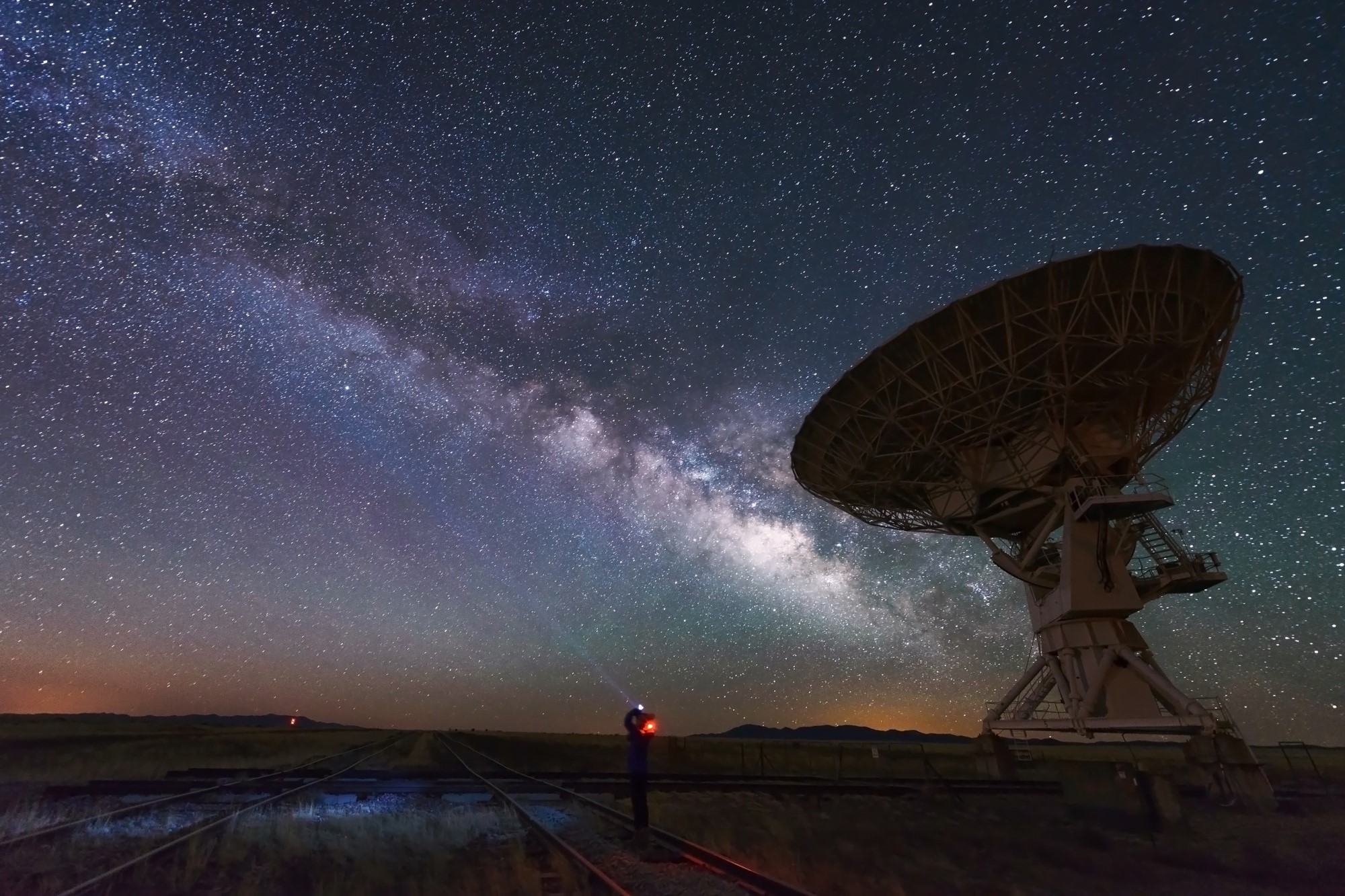Santos and Putin: A Tale of Two Peace Awards
Back in 2006, then-Venezuelan President Hugo Chavez made headlines with his speech at a United Nations summit, calling George W. Bush “the devil,” for his aggressive militaristic policies. Chavez made great efforts to demonize Bush as a warmonger, while at the same time presenting himself as a promoter of peace. Chavez also appreciated a golden opportunity to achieve this goal, by attempting to bring peace to neighboring Colombia.
Chavez understood that serving as mediator between governments and guerrilla movements could bring recognition, as Costa Rica’s Oscar Arias had managed to do by participating in peace negotiations in the Central American civil wars (Arias was granted a Nobel Peace Award for this). Chavez thus arranged peace talks between FARC rebels and Alvaro Uribe’s government. The talks eventually collapsed, and Uribe and Chavez became enemies. This was due to many factors, but one of them was Chavez’s own material and logistical support to FARC military operations, even as the peace talks were being organized. This was at best, incoherence, and at worst, hypocrisy.
Chavez died without achieving his much-desired aggrandizement as a promoter of peace. During his feud with Uribe, he frequently insulted Uribe’s then-minister of defense, Juan Manuel Santos. It turned out to be that Santos became the much-lauded promoter of peace that Chavez aspired to be.
As minister of defense, Santos participated in Uribe’s aggressive stand against FARC rebels. But, once he became President of Colombia, he softened his position, and eventually struck a peace deal. Many were perplexed by Santos’ transformation, but it is not as incoherent as it may seem. Americans are fond of saying “it takes a Nixon to go to China”; in the same manner, it may take a hawk to strike a peace deal. Chavez naively believed that FARC rebels, while keeping military strength, would sit at the negotiating table. On the other hand, Santos correctly understood that, in order to strike a peace deal, FARC rebels had to be weakened first. But, Santos also correctly understood that there could be no permanent military solution to Colombia’s problem, and that after the initial weakening of FARC’s military capacity, a peace offer had to be made.
As FARC rebels have committed many terrorist acts over the last five decades, Santos also understood that this would be an extremely sensitive issue in Colombian public opinion, and he saw the need to legitimize the peace deal through a plebiscite vote. Everyone was expecting Colombians to ratify the deal, but in a major surprise result, it was rejected.
Santos was criticized by both promoters and opponents of the peace deal. Opponents say his negotiations were too lenient with FARC commanders, allowing too much impunity for terrorists when it came to specific details of the deal. Promoters say he should have never submitted the peace deal to a referendum vote.
Both criticisms are unfair. Santos agreed that the deal required impunity, but he eloquently defended that it is the price that must be paid, if peace is to be achieved. Justice and peace may be at odds many times, but very much as in Luther’s famous quote (“Peace is more important than all justice, and peace was not made for the sake of justice, but justice for the sake of peace”), Santos privileged peace, as he was not willing to do justice even if the heavens fall. As for criticism regarding the plebiscite vote, isn’t that what democracy is about? Santos could have capriciously signed the peace deal without consulting anyone. But instead, he chose to hear his own people. In a region with so many prominent dictatorships in the past, this is a laudable thing to do.
Fortunately, the Nobel committee appreciated Santos’ role, and awarded him the Nobel Peace award. We may discuss whether or not Timochenko, the FARC commander, should have been included in the award as well, but Santos certainly deserved it.
Amongst Chavez’s followers, it was always a motive of resentment that their leader never managed to get the Nobel Peace award. The very same day that Santos was awarded the Nobel Prize, Chavez’s successor, Nicolas Maduro, did what is expected of anyone who is resented against an awarding committee: he created an alternative prize, the Hugo Chavez Peace Award.
Who was the recipient? Vladimir Putin. To a liberal American audience, this may seem like a joke taken out of The Onion. But sadly, it’s no joke. When Sean Penn, Oliver Stone, and other iconic figures of the American Left visited and hailed Chavez, did they ever think that his successors would offer a peace award to an autocrat who supports Trump and hacks emails at the Democratic convention? This should serve as a warning that romantically hailing some leftist caudillo in a distant Latin American country is a dangerous gambit.
The choice for the Hugo Chavez Peace Award, needless to say, is as ridiculous as it gets. As I write these lines, the Syrian government, with Putin’s complicity, is bombing Eastern Aleppo, deliberately targeting hospitals and schools, something absolutely forbidden by international law and military ethics. If committing those war crimes are motives to earn a peace award, then we should expect that the Hugo Chavez Biology awards will be given to some Kansas creationist.





